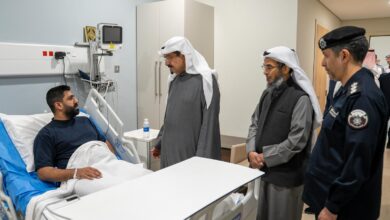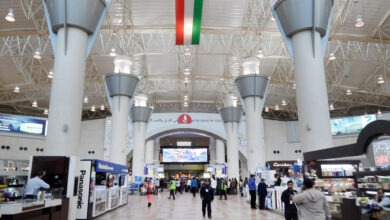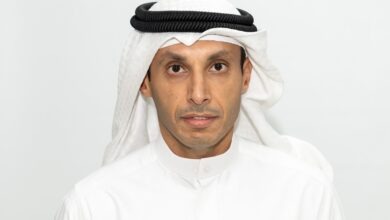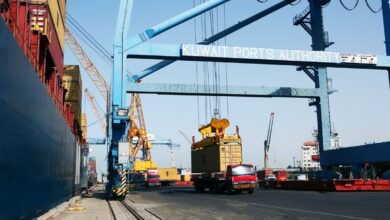Sewage pumping station begins operation on experimental basis
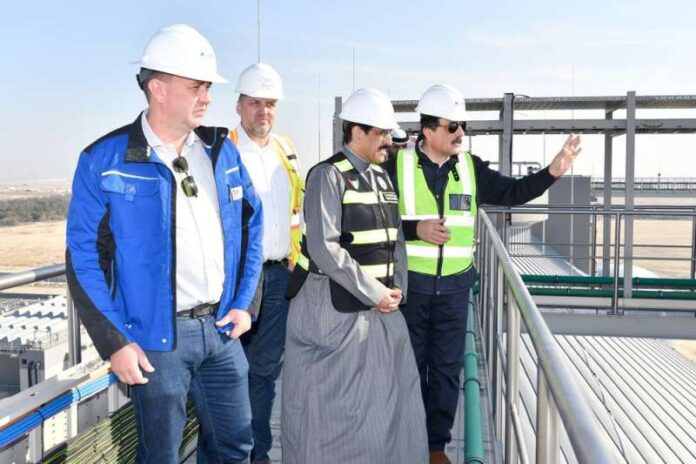
Minister of Electricity, Water and Renewable Energy and the Acting Minister of Public Works, Dr. Jassim Al-Ostad said the sewage crisis in the Sabah Al-Ahmad region has ended, saying a sewage pumping station has been put into operation on Wednesday on an experimental basis to facilitate and alleviate the suffering of citizens living in that area.
He pointed out that after operating the station, the environmental impact resulting from the sewage crisis in the Sabah Al-Ahmad region will be studied, and a fact-finding committee will be formed to assess the environmental damage and the shortcomings of the state’s infrastructure, in addition to a comprehensive study of the health status of sewage and treated water to ensure the creation of a healthy environment compatible with international health standards, reports Al-Rai daily.
He stressed the importance of structural change in the sanitary engineering sector in the Ministry, which lacks the required capabilities at the present time, which resulted in the crisis, indicating that the reasons for the delay in the sewage station for the city of South Al-Mutla’a are currently being determined in order to avoid a repetition of the Sabah Al-Ahmad city scenario.
Al-Ostad confirmed that the Umm Al-Haiman sewage station expansion project is one of the most important projects in the country’s development plan and one of the pioneering projects in treating and utilizing wastewater.
In a statement to Kuwait News Agency (KUNA) during an inspection tour that included the expansion project and the project’s “sewage pumping station” in the Sabah Al-Ahmad region he said the project serves the areas of Al-Ahmadi and Mubarak Al-Kabeer governorates, which cost the state about 1.5 billion dinars, and has an estimated capacity at 500,000 cubic meters.
He added that the importance of the station lies in benefiting from treated water for use in farms, cosmetic agriculture as well as the Kuwait Oil Company’s needs for this water in harmony with the environment, as well as benefiting from the methane gas resulting from the treatment plants to generate energy for the station.
He explained that the project was built in cooperation with the PPP Authority, a German company, and a Kuwaiti company specialized in this field, noting that in the future the way will be opened for citizens to subscribe publicly to the station.
He stated that the state owns 60 percent of the company’s shares — 50 percent for citizens and 10 percent for the government, represented by the Kuwait Investment Authority, while Umm Al-Hayman Water Treatment Company owns 40 percent.
Source: KUNA








